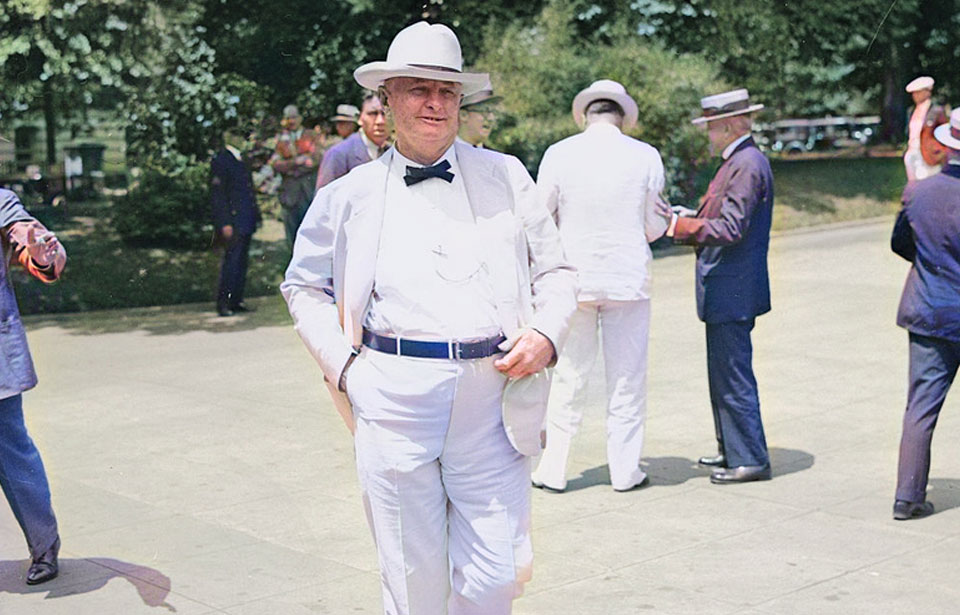A president getting impeached is headline news, with just three United States presidents impeached in the country’s history. But the impeachment list is much longer when you look at US governors. Eight names, in particular, stand out in history as men who were impeached and then subsequently removed from office.
Their stories vary from imposing martial law to covering up financial crimes. Some ran for office again while one ended up becoming the state’s “first gentleman” after his wife was appointed governor.
William W. Holden, North Carolina

The first on our notoriety list is William Holden, who was governor of North Carolina in 1865 then 1868-1871. He became known as the most controversial state figure during Reconstruction, a tumultuous time in the nation’s history.
After a sheriff, a justice of the peace, and a state senator were murdered, a crowd of white supremacists went on to lynch a Black police officer named Wyatt Outlaw. In response, Holden implemented martial law, and over 100 members of the Klu Klux Klan were arrested.
A former Klan leader named Frederick W. Strudwick introduced a resolution for Holden’s impeachment for high crimes and misdemeanors. In 1871, Holden was convicted of using military force illegally and violating the rights of Klansmen. He was removed from office.
Holden died in March 1892, but in 2011, he was posthumously pardoned by the North Carolina Senate in a vote of 48-0.
David Butler, Nebraska
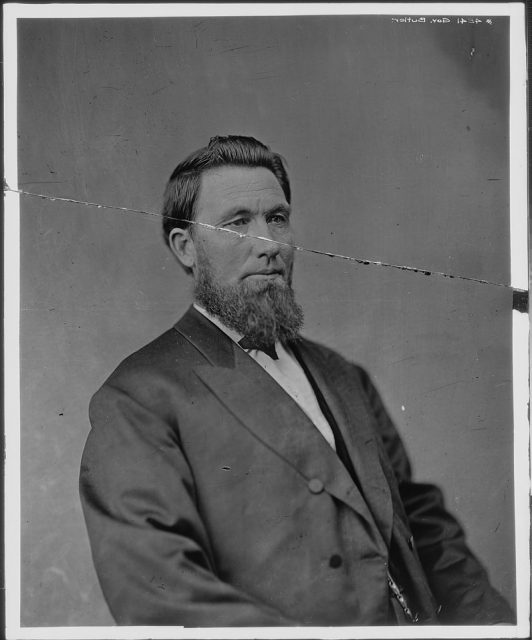
Nebraska’s first governor was the second in history to be convicted in office. Butler was elected in 1867. It was during his third term that 11 articles of impeachment were brought against him.
Among the charges was the offense of misusing government funds that should have gone to education. Ten of the articles were dropped, but he was impeached and removed from office on the basis of the misappropriated funds charge.
His record was ultimately expunged in 1877, and he went on to be elected to the state Senate in 1882. However, he was unsuccessful in running for governor again in 1888.
William “Plain Bill” Sulzer, New York

This Democratic governor of New York was in office for less than a year before he was impeached and convicted in 1913.
Sulzer had been elected with the support of Tammany factions of the state Democratic Party. However, after his appointment, Sulzer’s loyalty shifted away from Tammany, and the faction took a stand against him.
In August 1913, charges were brought against him for reporting false information about his campaign expenses and misappropriating funds. He was removed from office in October 1913.
However, these events didn’t prevent him from being elected to the New York State Assembly a few weeks later. He even ended up being nominated by the American Party for President, but he declined the nomination.
Some believed he was impeached unfairly, and various pieces of legislation have been proposed to repair his political record. None have been successful.
James “Pa” Ferguson Jr., Texas
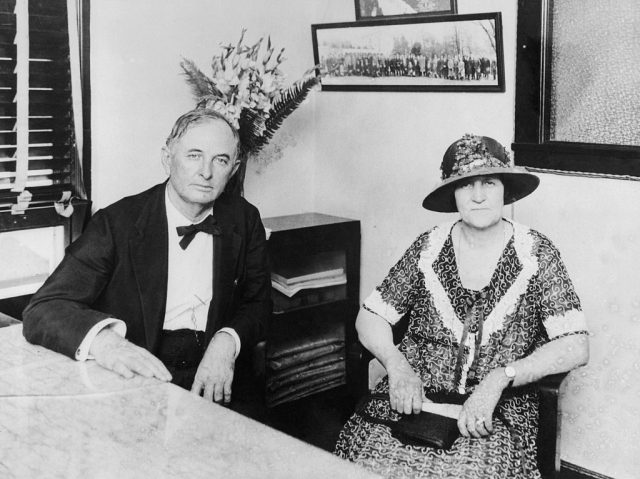
Known as “Father Jim” or “Pa,” this Democrat became governor of Texas in 1913, but a long-running feud with the University of Texas proved his undoing.
Ferguson wanted certain members of the faculty fired, and when the University refused to comply, he caused no end of trouble for them.
In 1917, a grand jury indicted him of nine charges, which included a charge of embezzlement. The Texas Senate convicted him on ten charges, and his resignation did not prevent the impeachment judgment from being sustained, meaning he could not hold public office in Texas.
Although Ferguson tried to run for governor again, he was unsuccessful. Instead, his wife became the first female governor of Texas in 1925, making him the “first gentleman” of Texas – a much worthier title than being the fourth US governor to be convicted in office.
Jack C. Walton, Oklahoma
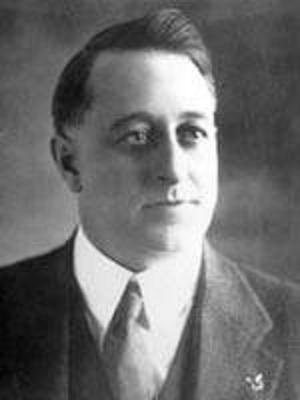
As well as being fifth on our list, John “Jack” Walton also holds the record for the shortest term of any Governor of Oklahoma, lasting only from January to November 1923.
In response to the Tulsa Race Massacre, Walton instituted martial law in the counties of Okmulgee and Tulsa. He also suspended the writ of habeas corpus in Tulsa, so no one could report unlawful detention or imprisonment to the courts.
Since suspending this writ was prohibited by the Oklahoma Constitution, a Grand Jury was established. In response, Walton declared absolute martial law for the whole state.
The Legislature brought 22 charges against Walton, of which 11 were sustained. Alongside the issue of the writ, there was also the illegal collection of campaign funds and general incompetence.
Henry S. Johnston, Oklahoma
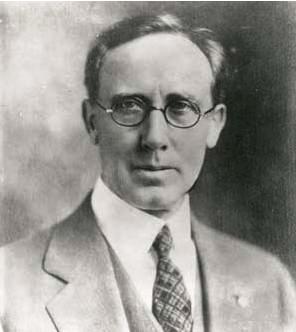
Another Governor of Oklahoma to be impeached for general incompetence was Henry S. Johnston, who took office in 1927. He was actually impeached twice.
The first impeachment related to his private secretary, Mrs. O. O. Hammonds. Many believed she held too much influence over Johnston and demanded her immediate removal.
Although Johnston complied, the state legislature still tried to impeach him. However, the issue was dismissed when Johnston blocked them at every turn. The event made Johnston quite popular since he’d used the courts rather than martial law to resolve the issue.
He wasn’t so lucky the second time. When Herbert Hoover won the presidency, many Oklahoma state offices became occupied by Republicans. Johnston was suspended in January 1929 with 11 charges against him. Ten were dismissed, but he was removed from office on the charge of general incompetence.
Evan Mecham, Arizona
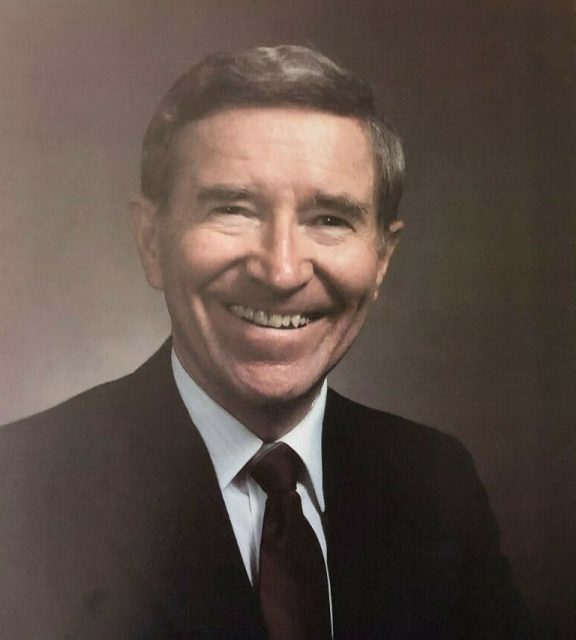
Despite being a decorated veteran, Mecham only lasted as Governor of Arizona from January 1987 until April 1988.
By October 1987, there was already a grand jury investigation into a loan of $80,000 that Mecham had made to his auto dealership. At that time, the Arizona Republic reported that Mecham had failed to report a loan of $350,000 from a local real-estate developer. Campaign financing laws required him to report such a matter.
In November 1987, a third impeachment charge was added: that Mecham tried to cover up how one of his appointees had threatened a government official.
At the impeachment hearing, Mecham didn’t help himself by claiming that the Legislature had no authority over him. The court ruled against him and he was removed from office.
Rod Blagojevich, Illinois

Acting as Governor of Illinois from 2003 to 2009, Blagojevich is remembered most for trying to elicit bribes for Barak Obama’s US Senate seat after Obama was elected President.
When he was arrested at his home in December 2008, the charges against him were that he’d conspired to commit several “pay to play” schemes, with the Obama one being the most shocking.
In January 2009, Blagojevich began a media campaign to prove his innocence, and the Illinois House and Senate quickly moved to impeach him. The decisions to remove him from office and to prevent him from holding a public office in the future were both passed unanimously by 59-0.
His autobiography was released later in 2009, and he hosted a two-hour weekly radio talk show on 890 WLS.
Convicted by a federal court, he reported to prison in March 2012. His sentence was ultimately commuted by President Trump, and he was released in February 2020.
Impeached outside of office or resigned
The list above includes only those governors whose convictions resulted in their removal from office. There are several who have been convicted during their term but have voluntarily resigned. As recently as 2021, Andrew Cuomo, the governor of New York, resigned rather than face impeachment investigations related to allegations that he misused state funds and resources and committed sexual harassment.
More from us: The most popular presidents of the US and what they are remembered for
Looking at this list suggests that there might be truth to H.L. Mencken’s statement that “a good politician is quite as unthinkable as an honest burglar.”
